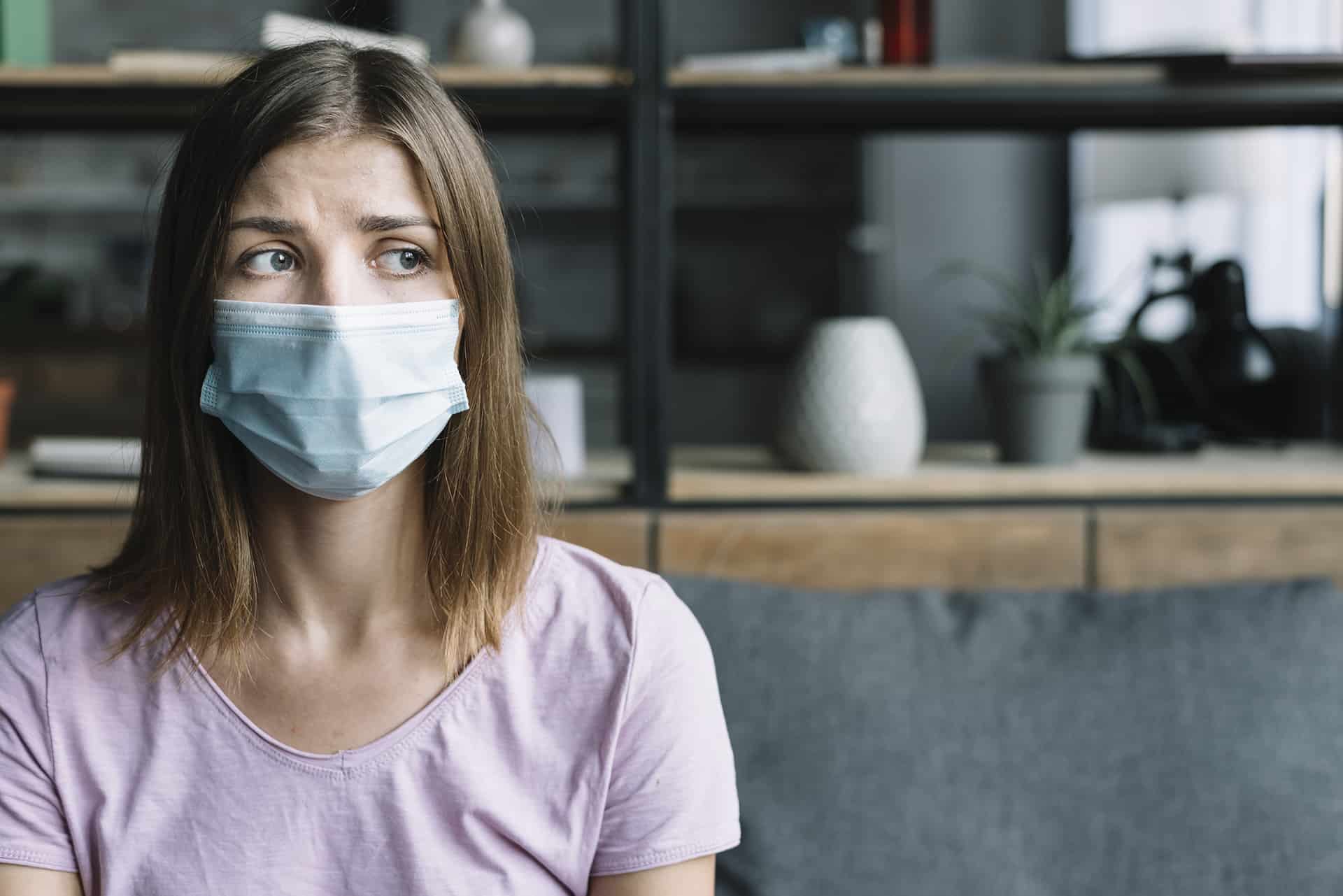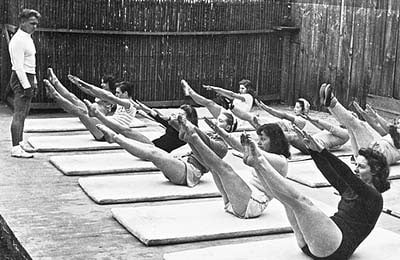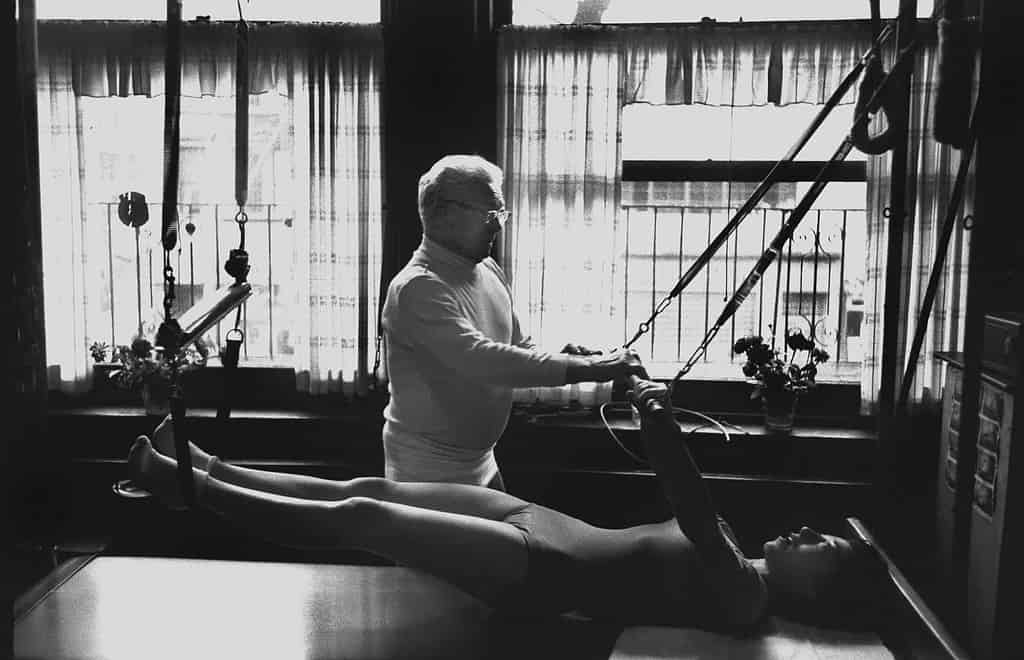Let’s talk immunity!

With the lockdown easing and economic activities resuming, we all have breathed a sigh of relief. Phew, you can finally step out for a walk and to buy things you need. Does this mean the pandemic is over? No, not at all. There is high speculation by experts that we can have a second wave of Covid-19. And in India, we are not even past the peak of the first wave yet. This is not the first disease to have follow-up waves. One of the deadliest pandemics, the Spanish Flu began in March of 1918 in the middle of the First World War. The first wave subsided in the summer months. But it was followed by a deadlier second and third wave in fall-winter 1918 to 1919. So, apart from maintaining practices of social distancing, what can we do? The most searched topic on the internet, besides the update on the number of Covid-19 cases, is how to build one’s immunity. Let’s talk immunity.
Human Immune System
Our immune system is the defence mechanism of the body. It comprises many biological structures and processes that protect against disease by detecting pathogens and distinguishing them from our body’s own healthy tissue. We have two subsystems of immunity. Innate immunity, also known as native immunity, is defined by our genetic make-up and does not react to external stimulation. In humans, it comprises of the bone marrow cells which are present in our blood and are programmed to recognise foreign substance and to react. The adaptive system is composed of more advanced lymphatic cells that are programmed to recognise self-substance and not to react. Adaptive immunity can be naturally acquired through contact with a disease-causing agent or artificially acquired through deliberate actions such as vaccination.
These two subsystems of the immune system create “health” i.e. a physical state where the body is spared and what is foreign is eliminated. “Disease” can arise when the foreign element cannot be eliminated or what is body’s own is not spared. Apart from preventing disease, the immune system interacts intimately with other systems such as the endocrine and nervous systems and it also assists in tissue repair and regeneration. Although, directly not under our control, we can do certain things to allow proper functioning of the immune system. And especially, in the time of a pandemic, building one’s immunity is paramount.
Pilates and the Spanish Flu
It is said that the Spanish Flu affected 500 million and killed 50 million people worldwide. But on the Isle of Man, in the Knockaloe Internment Camp which housed over 25000 German men, none of those who were following a new experimental exercise regime caught the influenza virus. How? Because they were practising a routine, called by its founder as Contrology, what we know now as Pilates. It is true, Joseph Pilates’ workouts took shape during the First World War in an internment camp in England. And it stood its first test with the Spanish Flu. This story is canonical in the Pilates world and is of much importance today, in the face of a new pandemic.

Joseph Pilates was born in Germany. A sickly child with rickets, rheumatic fever and asthma, Joseph was fascinated by the fluid movements of cats and other children. He took up the challenge to make himself physically fit. He worked so hard that he became a successful boxer and gymnast. Before the First World War, he moved to England where he landed the job of physically training Scotland Yard detectives. But when Germany went to war with the Allies, England gathered up all ‘alien’ nationals and put them in internment camps. Joseph was appointed as a nurse at his camp. And this is where he got the opportunity to treat men from different walks of life, various ages and with a variety of ailments.
He fashioned resistance devices and bed-exercise machines from hospital beds, salvaged springs and other wooden scraps. Joseph was inspired by the Greek philosophical idea that each person should have a harmonious blend of physical, mental and spiritual aspects. Those who trained under him benefited from his modern method of working from the “powerhouse” or core of the body and having a mind-body connect. They remained strong and immune during a deadly pandemic.
How to boost your immunity
There is a strong link between exercise and immunity. Any whole-body, dynamic cardiorespiratory exercise, instantly mobilises billions of immune cells. These enter the blood from the spleen and bone marrow and are pumped to the gut and lungs, where more immune defence may be required. Frequent circulation of these cells increases the resistance to infections. Moderate level of exercise has an inverse relation with our risk of disease.
Not only can exercise have a positive effect on our systems but it is also known to counter the negative effects of social distancing. Humans by nature are averse to social isolation and confinement. We need interaction and we need people. In addition to this, there is constant fear and uncertainty about the future. All of this increases stress on our mind and body. In the presence of a physical or psychological threat, our body produces the cortisol hormone in excess for the “fight or flight” response. This stress-induced increase in cortisol is adaptive only in the short term. If we repeatedly send distress signals to our body, the continuous surge in cortisol can result in cortisol dysfunction. And the increased levels of cortisol compromise the immune system, along with causing other physical and psychological problems.
Dr. Melinda Ring, executive director of the Osher Center for Integrative Medicine at Northwestern University spoke about the effects of “caution fatigue” and the effect of cortisol, says that, “Fortunately, there are strategies we can implement to quiet our chronic stress response and reduce the effects of chronic cortisol activation.” These she lists as practising gratitude, physical activity, good nutrition and mindfulness activities like meditation. Exercise, especially Pilates’ mind-body-soul connect, which concentrates on breathing is almost meditative. It is deeply systematic. It challenges the body and the brain in a sequence that allows rapid improvement and lifetime progress. Our body releases happy hormones when we exercise, which counter the effect of cortisol.

(Photo by I.C. Rapoport/Getty Images)
Imagine being stuck on an island, away from your family, while a war rages on in the world. Sounds familiar to all of us now. But imagine surviving that war/pandemic and coming out stronger, because you worked on your mind and body during this period of isolation. Those internees with Joseph Pilates remained immune and sane. Do you want to?
Also read about how men can achieve their ideal body with Pilates.
